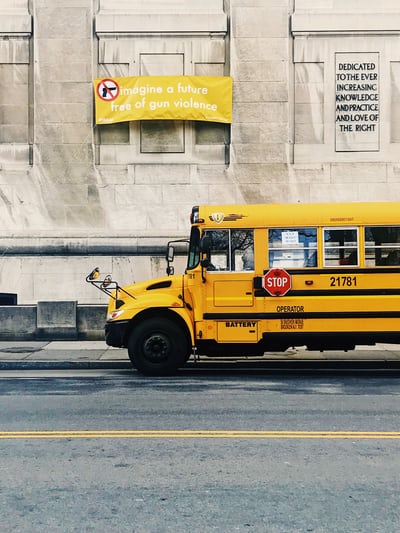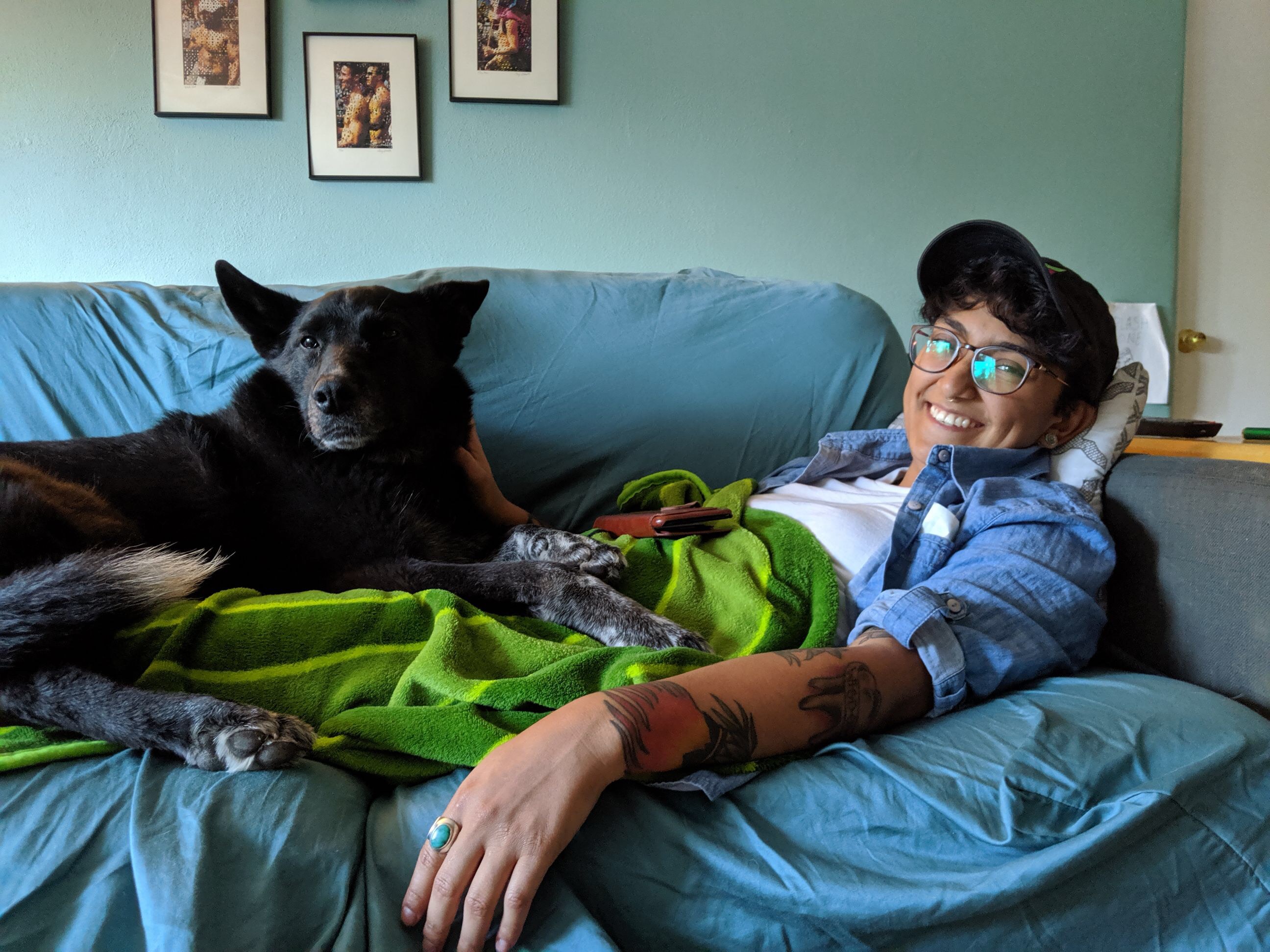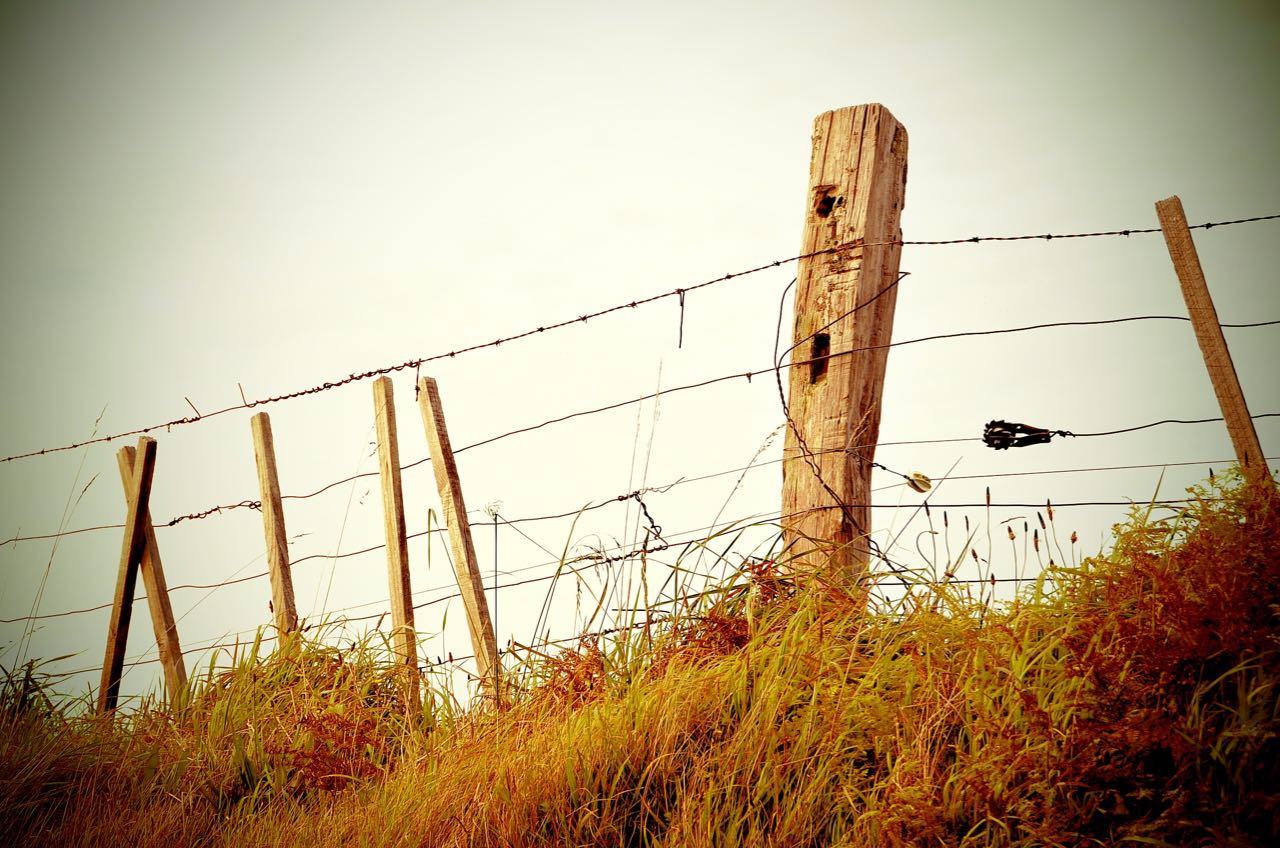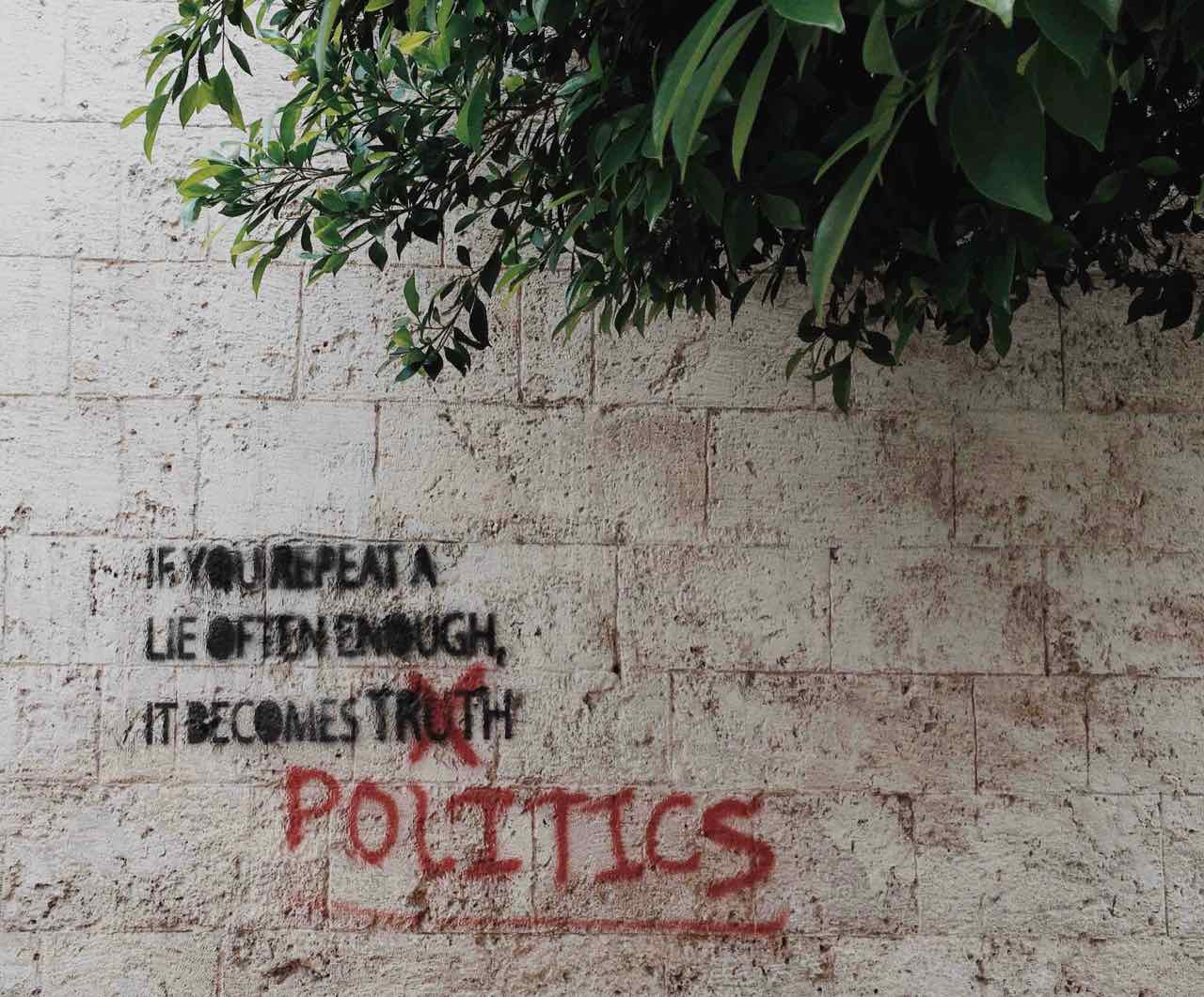Fourteen Reasons to Love America the Beautiful
By Tori Cárdenas
- Worn flags fall and burn / as bumper stickers / beer cans /
boardshorts / truck nuts / red visors and head coverings /
and hearts purple-swelling with pride / beneath twisted
knuckles - Paint your storm windows / with razor wire / and the
blessed blood of the unborn / seal out / pungent spices and
peppers / from your doorways / restrooms / defend your
borders - It is her fault / their fault / his fault / someone else’s
problem / Reduce to the common denominator / it is the
restaurant on the corner / serving anything but a burger and
fries - Bring your boots / your pipes / your fatigues / bring them
into the town square / to wage war on people who call it a
‘plaza’ / no room for foreign shit here / isolation is survival - Grab ’em by the pussy / treat ’em like shit / fuck their
daughters / they’re begging you / unless their chests are flat /
those ain’t the raping kind / lock them up / uptight lesbians - Circle one: true or false / if follow-up: false / if red: true /
false: blue / no news: good news / the best news / no news
to speak of here: true / not: false / don’t read all that fake
shit - They’re bringing drugs / they’re bringing rape / they’re
bringing crime / and sin and pestilence and parasites / Gas
their children begging at the nation’s bottom / and fuel the
swampy top - And yea, the Lord said, “Shoot the snowflakes / the
women / the children with brown skin / for they displease
your Lord God Almighty / on his golden Mar-a-Lago” - Cover your assets / for the end times are coming / store
your gold beneath the eaglet down of your pillows / when
your coffers runneth empty / a street of walls will meet you - You can survive on nothing / you’re still buying SPAM,
aren’t you / what about the dollar menu / it may not nourish
your cells to overthrow this epidemic / but you can still
make us money - It’s all a hoax / this climate shit / make it warmer / so we
can bust heads on the beach / blow up the schoolhouses /
teacher bullshit / gimme a pencil / sos I can black there eyes
out - Bring back the hanging / decorations / bamboo shoots are
the new manicure / Full page ads of black brown blue
babies / withered elders / toss them into the rivers / erase
them - Hey bro / got a job for you / the boss lets us drink and fuck
anything we want / don’t forget your golf clubs / got a seat
for you right here / with a guzzler helmet / and two cold
Coors Lights - Vote / your voice matters / we’re listening / psst / we want
to know what you think / it’s your right / pass the earplugs /
you fought for it / don’t you want it anymore / pussies /
Poetry editor Tori Cárdenas is a queer Tainx/Latinx poet from Northern New Mexico. In 2014, she graduated from the University of New Mexico with a dual Bachelor of Arts degree in History and English, with a concentration in Poetry. She returned to UNM in Fall 2017 to earn her MFA in Fiction. She served as Blue Mesa Review‘s 2018-2019 Poetry Editor, and serves currently as the 2019-2020 Editor-in-Chief. Tori’s work has appeared in Conceptions Southwest, VICE, Pantheon Magazine, Writers Resist online journal, and Writers Resist: The Anthology 2018, and it has been nominated for the Best of the Net anthology and a Pushcart Prize. Her works were also featured as finalists in the 2018 and 2019 Rabbit Catastrophe Press Really Good Poem Prize contests. Tori lives with her dog Sophie in Albuquerque, New Mexico.
Editor’s note: The photo of the U.S. flag pistol is used for purposes of noncommercial commentary, satire, and education under the Fair Use Doctrine.





















